On the morning of November 25, at the group discussion session on investment policies for two national target programs, including the Program on modernization and improvement of education and training quality for the 2026-2035 period, National Assembly Chairman Tran Thanh Man said that education is facing the need for profound innovation in the context of the development of science, technology and artificial intelligence.
He said that at this session, the National Assembly paid special attention to the education sector with many major bills and a national target program being considered.
"The solution is not only good teaching and good learning, but also a revolution in thinking in education," the National Assembly Chairman emphasized.
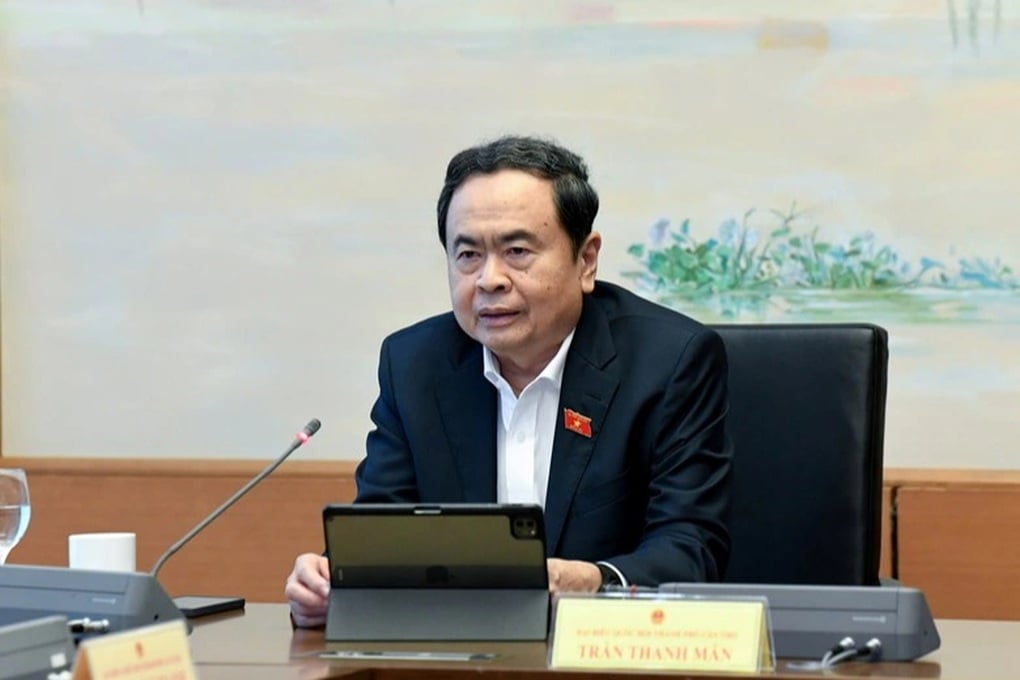
The National Assembly Chairman said that education is facing the need for profound innovation (Photo: Media QH).
According to him, education must shift from imparting knowledge to passing exams to developing capacity and problem-solving skills. Teachers need to be seen as guides and enablers of capacity, rather than just transmitters within the four walls of the classroom. Assessment of learning outcomes must also be comprehensive, not entirely dependent on test scores or the number of tests.
Morality is the root of education
Emphasizing the fundamentals of education, the National Assembly Chairman said that building a standard educational environment must start with the ethics of teachers and students. According to him, many traditional values such as "learning manners first, then learning knowledge" or "teachers are teachers, students are students" still retain their value if teachers are truly dedicated and responsible in passing them on to their students.
"In the future, education must focus on moral education for both teachers and students. Schools must consider this their top priority," he said.
Stating requirements for the national target program on education and training, the National Assembly Chairman suggested that the program content must have a long-term vision, forecast labor market trends and meet the requirements of training high-quality human resources.
More importantly, the program must ensure close supervision, procedural reform, and timely disbursement, "without loss or negativity." He also proposed clearly defining responsibilities between the central and local levels, between the Ministry of Education and Training and the provinces; localities must be given the right to decide and be responsible for allocated resources.
Concerns about the quality of training, especially at the university level
Delegate Nguyen Quoc Han (Ca Mau) acknowledged that university education has undergone many changes in recent times, but expressed concern about entrance standards. He cited the fact that some schools admit students with scores that are too low, leading to an unsecured entrance.
"Students graduate with university degrees but cannot get jobs at any agency, many have to drive motorbike taxis or do manual labor," he said.
According to him, the national target program needs to focus on training quality and avoid massive expansion.
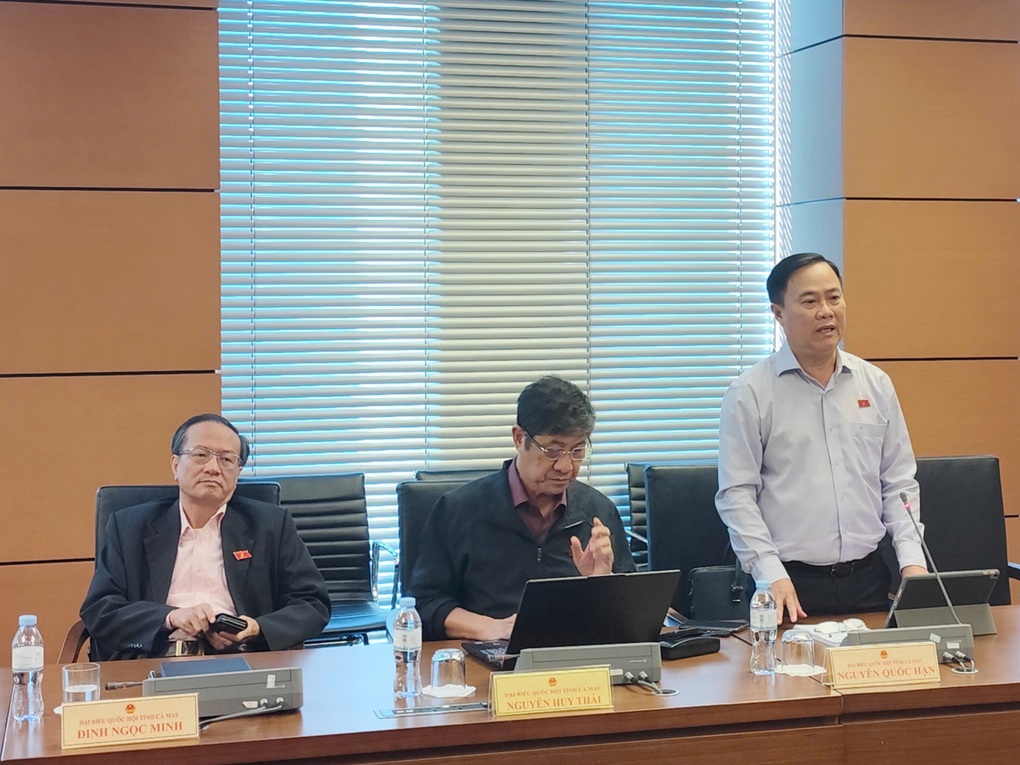
Delegate Nguyen Quoc Han expressed concerns about entrance standards and university training quality (Photo: Media QH).
At the postgraduate level, the number of PhDs in Vietnam is very large, but compared to the region and the world, the correlation between quantity and research productivity is still a "question mark". He suggested tightening the quality of training, ensuring quantity goes hand in hand with quality, avoiding stories like those reported by the press recently, where there are PhDs in some fields and industries that "sound very unimaginable".
Delegate Dinh Ngoc Minh (Ca Mau) also agreed that the quality of university education needs to be tightened. He said that "there are teachers who spend their whole lives teaching the same set of documents", leading to teaching being far from reality, while some countries like the US require lecturers to rotate a year working at a business to update reality before returning to teaching.
The delegate affirmed the importance of practice in training: "Teachers must be able to convey inspiration, knowledge, and experience to learners. Teaching that is far from practice is not successful," said the delegate.
Proposal to expand the scope of beneficiaries and key investments
At the discussion session, delegate Tran Hoang Ngan (HCMC) emphasized that the education program should be considered as a "10-year national financial plan". He affirmed that the 580,000 billion VND expected to be invested in two phases is not too large if looking at the tasks set for education.
However, he noted that the program currently only covers the public sector, while socialized education is a major trend in many localities. Therefore, it is necessary to expand the scope of support to the non-public sector when meeting the criteria.
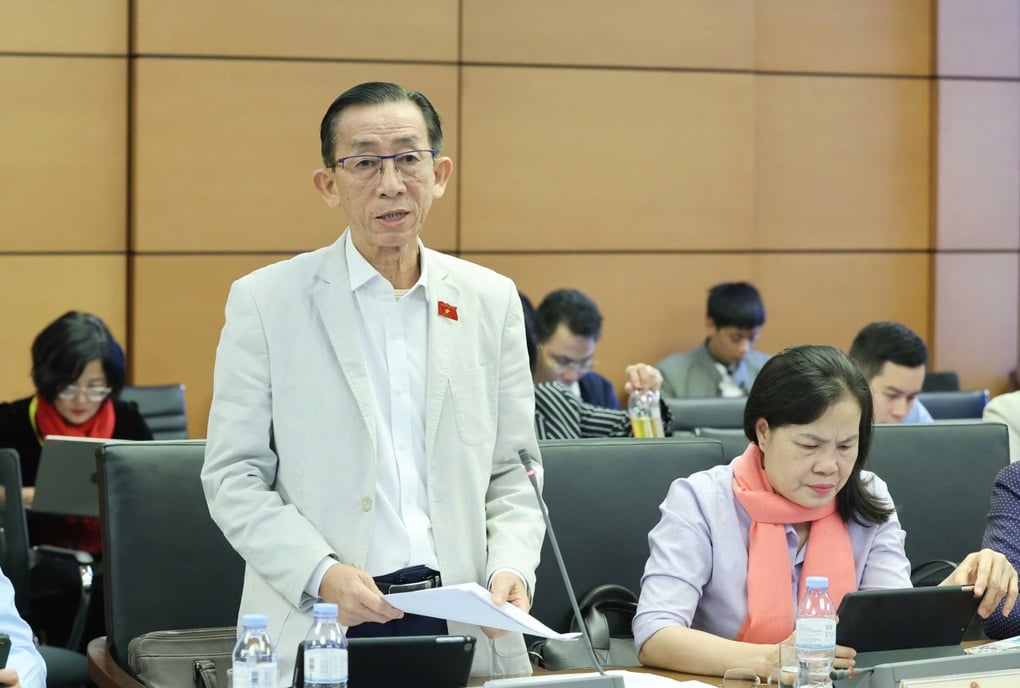
Delegate Tran Hoang Ngan emphasized that the education program should be seen as a "10-year national financial plan" (Photo: Quang Phuc).
He proposed a program focusing on four main investment groups:
Firstly, invest in educational infrastructure, prioritizing preschools and primary schools, ensuring enough schools and classrooms that meet modernization standards; allocate resources to quickly overcome the consequences of natural disasters, helping schools stabilize teaching soon.
Second, invest in digital transformation and innovation, invest in research centers, laboratories, data systems, and AI platforms for education.
Third, improve the capacity of the teaching staff, especially in digital skills, foreign languages, and artificial intelligence; organize regular training for teachers of all subjects.
Fourth, prioritize the development of pedagogical universities, considering this the "root" of the quality of the teaching staff.
In addition, he said that universities must be allocated land funds large enough to develop innovative university models, inviting businesses to set up research centers in schools. He proposed replicating the stimulus loan support model that Ho Chi Minh City is implementing according to Resolution 98, helping universities to invest in facilities at low cost.
Source: https://dantri.com.vn/giao-duc/chu-tich-quoc-hoi-phai-dat-nang-giao-duc-dao-duc-cho-ca-thay-va-tro-20251125133716303.htm





![[Photo] Prime Minister Pham Minh Chinh receives Governor of Gunma Prefecture (Japan) and Special Advisor to the Japan-Vietnam Friendship Parliamentary Alliance](/_next/image?url=https%3A%2F%2Fvphoto.vietnam.vn%2Fthumb%2F1200x675%2Fvietnam%2Fresource%2FIMAGE%2F2025%2F11%2F25%2F1764066321008_dsc-1312-jpg.webp&w=3840&q=75)

![[Photo] Close-up of Ba Ha River Hydropower Plant operating to regulate water to downstream](/_next/image?url=https%3A%2F%2Fvphoto.vietnam.vn%2Fthumb%2F1200x675%2Fvietnam%2Fresource%2FIMAGE%2F2025%2F11%2F25%2F1764059721084_image-6486-jpg.webp&w=3840&q=75)
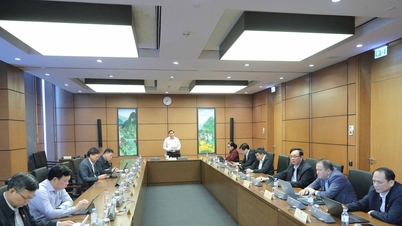


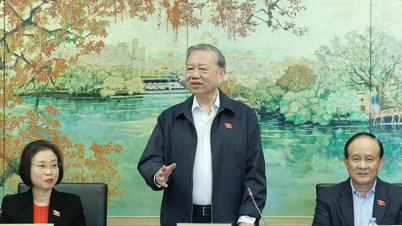



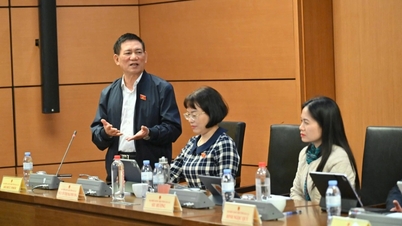
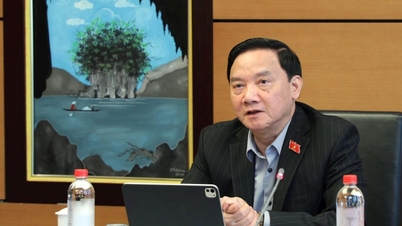
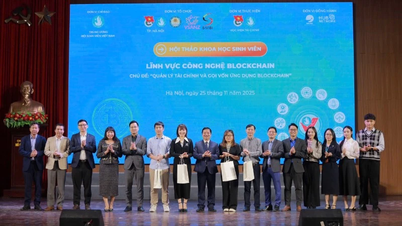

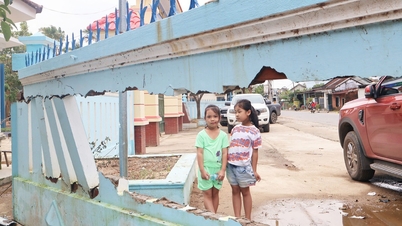

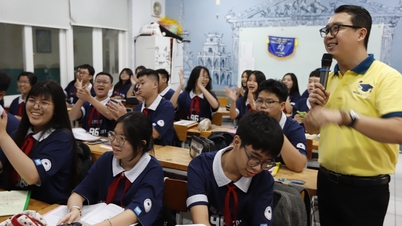
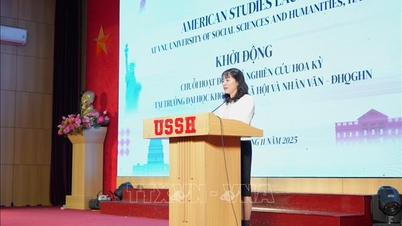

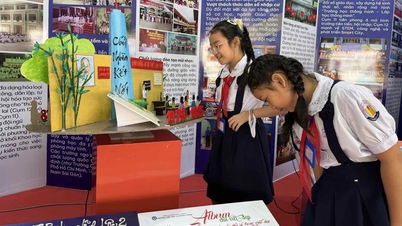

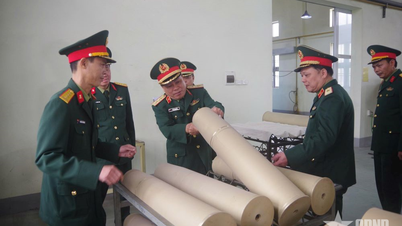







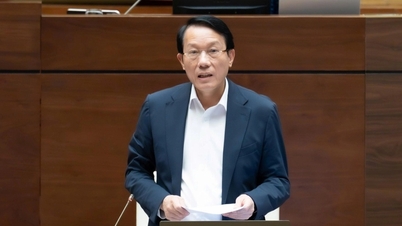

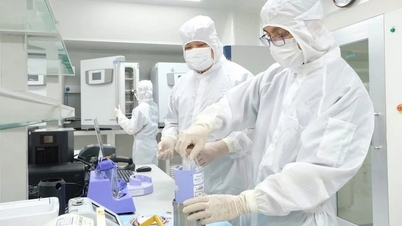









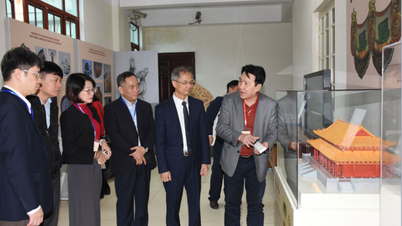






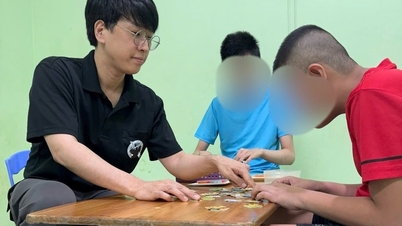




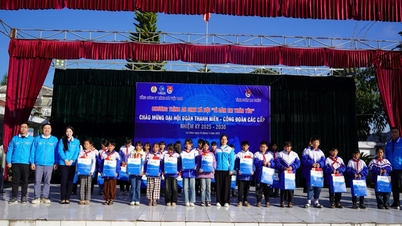
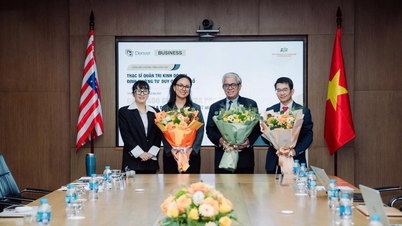

![[Answer] Should I install an elevator for an old renovated house?](https://vphoto.vietnam.vn/thumb/402x226/vietnam/resource/IMAGE/2025/11/25/1764039191595_co-nen-lap-thang-may-cho-nha-cai-tao-cu-khong-04.jpeg)








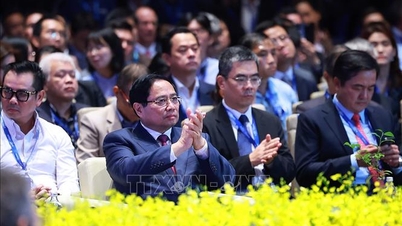





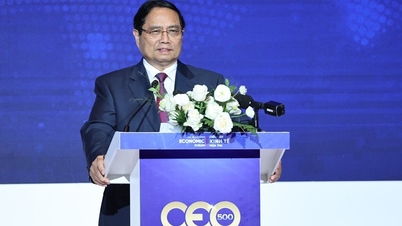

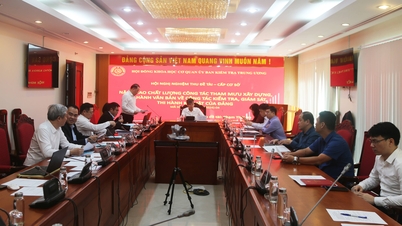



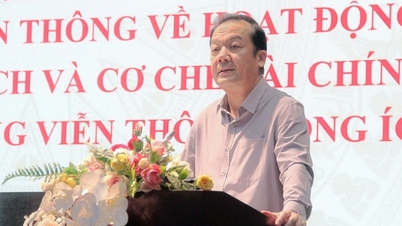


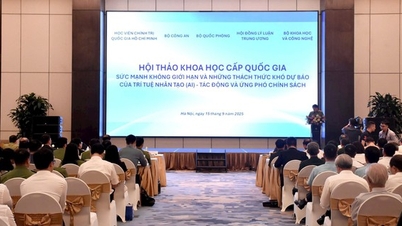


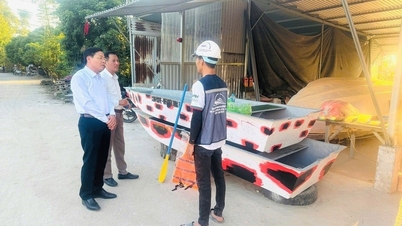

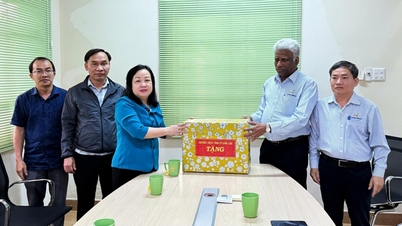

















Comment (0)